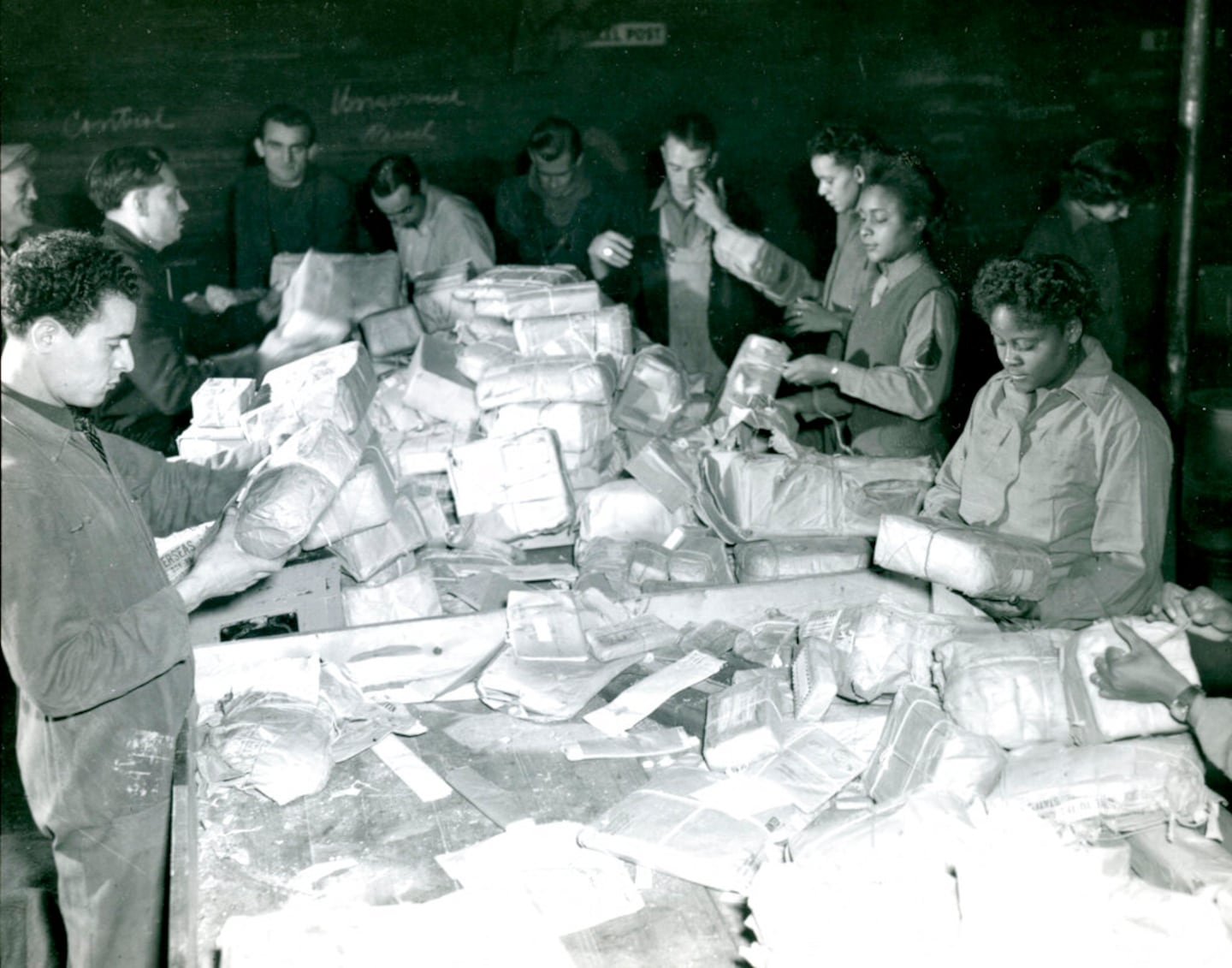We’ve heard of the sacrifices the Tuskegee Airmen made to defend the United States.
You may have learned about the Navajo Code Talkers and how they were able to transmit secret messages using their traditional language.
But few may have learned about the 6888th Central Postal Directory Battalion and their mission to avert a war time mail crisis.
The “Six Triple Eight,” as they were called, was made up of 855 Black women. They were the only battalion of Black women to serve in Europe, The Associated Press reported.
They were sent to Europe in 1945. At that time, Black organizations wanted more members of the community to be included in the Women’s Army Corps and allowed to serve along with white service members overseas.
“I think that the 6888th, the command inherently knew that their presence overseas meant more than clearing that mail backlog,” retired Col. Edna Cummings told the AP. “They were representing opportunity for their sisters-at-arms back in the United States who were having a hard time dealing with the racism and sexism within the ranks.”
Their trip to their assignment was not an easy one. They had to avoid German U-boats and a German rocket when they made it to Glasgow.
They also suffered through unheated, rat-infested hangars in England to process millions of pieces of mail that had been left undelivered for troops, government workers and members of the Red Cross.
As the American Veterans Center described, mail was the connection soldiers had to home, and what kept them able to fight. “The lack of reliable mail was hurting morale,” the American Veterans Center said.
Not only did they get the mail and packages to those on the front lines, but they also returned the mail to the families of servicemen who had died, the American Veterans Center said.
They worked around the clock to process 64,000 pieces of mail each shift, and in over three months worked through 17 million pieces of mail.
They also did the same task twice in France.
At the same time they were undergoing their mountainous task, they remained segregated by race and gender.
When their service was done, they returned home but didn’t get the same honors as their white counterparts.
“It is sad to say, they came back to Jim Crow America,” Cummings told the AP. “Not only the 6888th, but a lot of our minority soldiers who returned from the war were not recognized or appreciated until years later: the Tuskegee Airmen, Montford Point Marines. There are so many stories of units of color who were not recognized until decades after the war.”
The Senate has passed a bill to give the battalion the Congressional Gold Medal. The legislation is waiting for the House to act upon it.
But the honor has come too late for many of the women who inspired generations of Black women to join the armed forces.
Of the 855 soldiers to be assigned to the 6888th, only seven are believed to still be alive, the AP reported.
Three members of the battalion were killed in a jeep crash in 1945. They are three of only four women who were buried with honors at Normandy American Cemetery, the American Veterans Center said.
To read more about the 6888th, click here and here.
©2021 Cox Media Group








